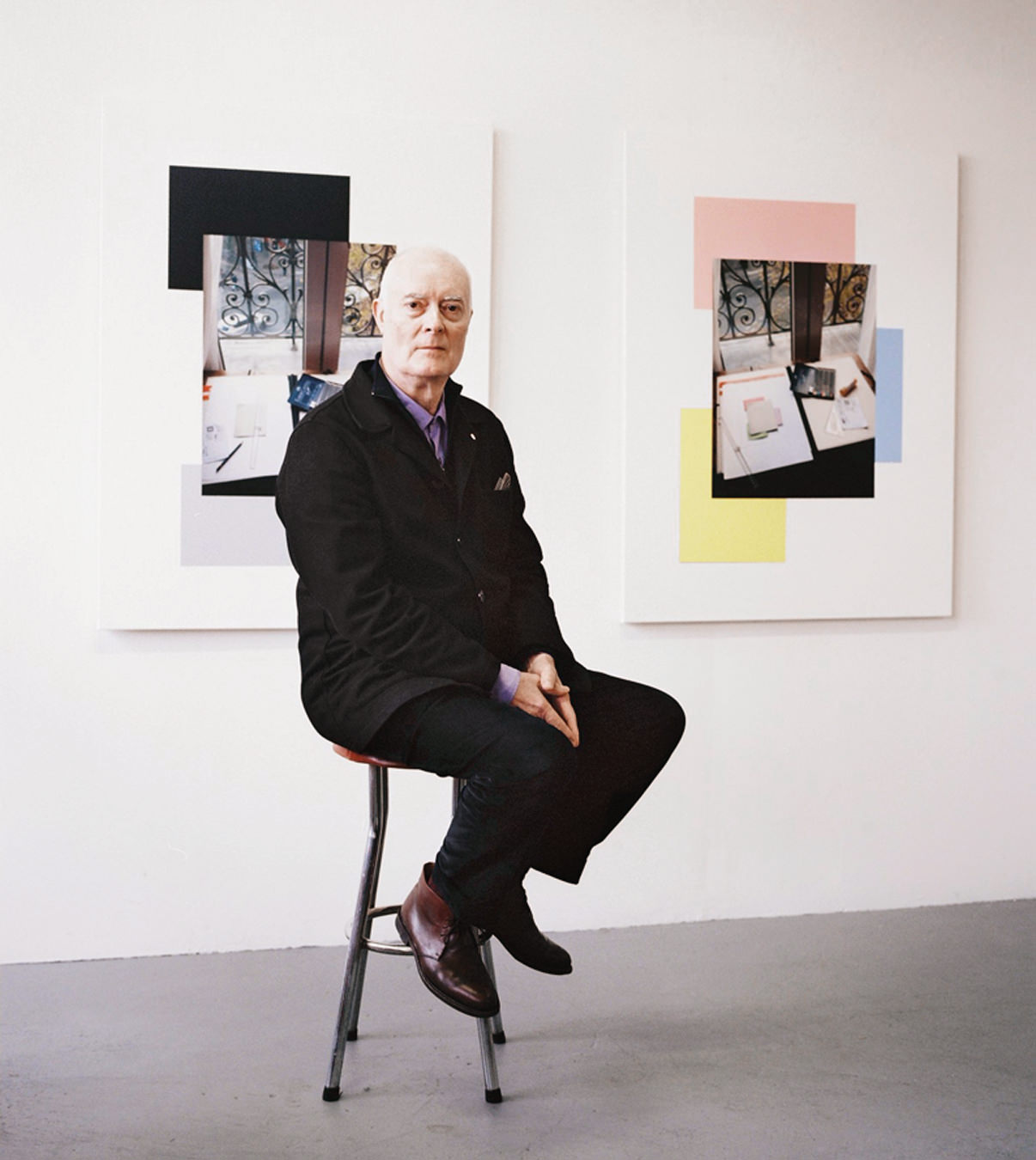Conversation Piece IV
Enjoy our Sunday series, Conversation Piece, a NUVO-curated digest of things on the Internet we think you’ll want to talk about.
Stop Spiralizing that zucchini. Pasta doesn’t make you fat, says a new survey of 14,000 Italians. Rather, those known to partake in carb-y goodness were found to have lower BMIs and smaller waists than their ascetic counterparts (particularly if pasta is featured as a part of larger Mediterranean diet replete with olive oil, fresh vegetables, and fish). But before you go hog-wild on that capellini, the study also cautions that moderate consumption is key. Read more.
You want your freedom. The Kills’ Alison Mosshart and Jamie Hince take on Fleetwood Mac’s 1977 hit Dreams in this dynamite cover, delivering a rendition both stripped down and imbued with a hurricane’s worth of moody energy. Listen.
Will texting end the period? The New York Times declared the “sentence-ending punctuation mark” dead, yet Sarah Sweet defends millennials and their lack of punctuation in text messages in this Walrus commentary. Yes, it’s true: millennials often consider texts that include periods irritated or sarcastic, thus ending SMS sentences point-less. Texting is a medium and millennials are well-equipped to manoeuvre the rules and regulations—whether grammatical or unwritten—of various media. Read more.
3-D-printed food. From July 25 to 27, Londoners can enjoy a 3-D-printed meal. Food Ink will use 3-D printers to stamp out edible culinary structures of hummus, chocolate mousse, smashed peas, goat cheese, or pizza dough, which will then be paired with whole foods and served to guests at this temporary pop-up restaurant. Basically: the future is now. Read more.
The truth about death and dying. This tender profile of hospice worker Heather Meyerend by The New Yorker’s Larissa MacFarquhar illustrates the particular form of soft, intuitive care performed by nurses who attend the dying and their families. At a hospice patient’s most tender, vulnerable moment, it is a nurse like Meyerend—who views her work akin to preparing someone for a particular kind of voyage—who takes over, knowing precisely what to do. Read more.




